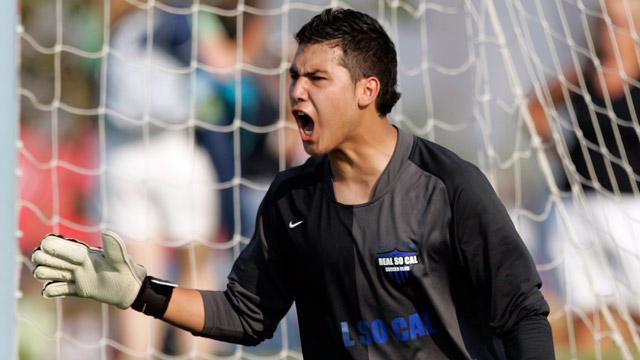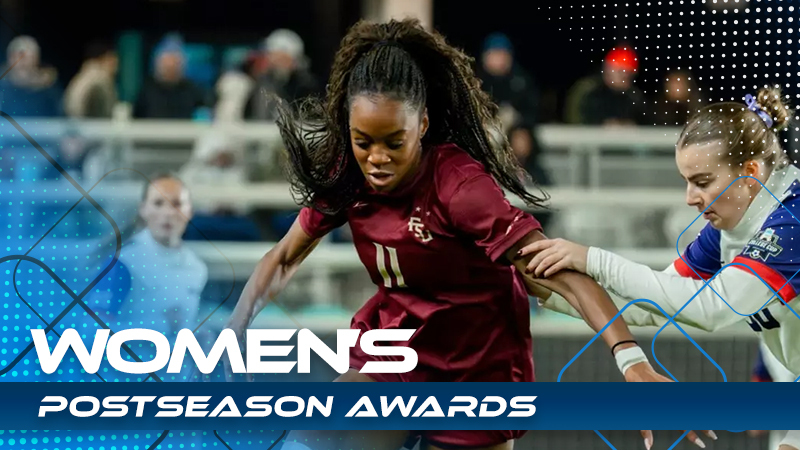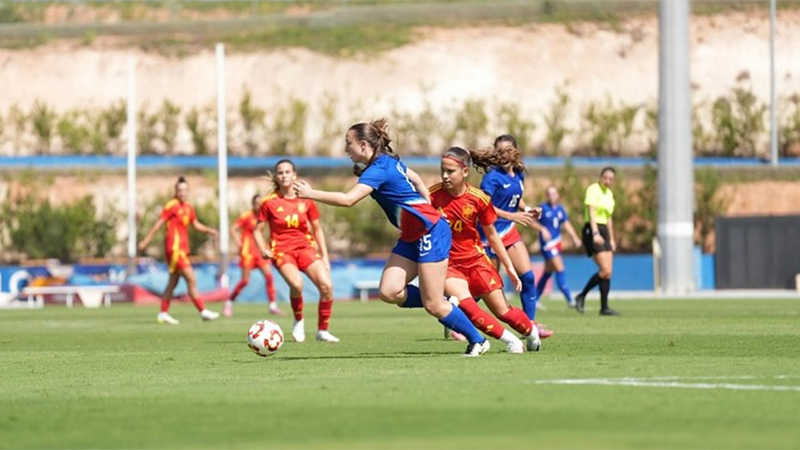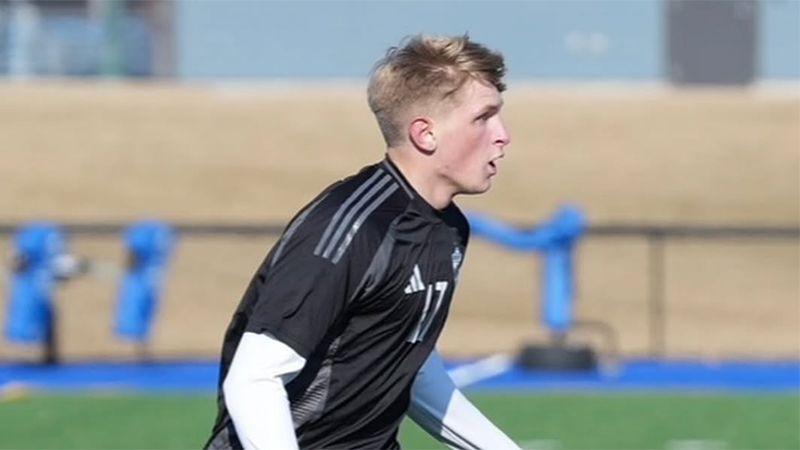
How to Respond & Interact with our Rankings

December 25, 2010
Part 2 in a 3-Part series about our player rankings. See here for details on our TeamRank process and criteria.
Missed Part 1? Read it here.
What role can you have as a reader in helping us compile our regional and national player rankings and ratings?
This is a tricky part of the article because on one hand we need the input of people from all over the country to keep up to date on what’s going on with the players, even to the point of knowing who they are. On the other hand it opens us up to the type of “feedback” that reflects all the very worst things about elite youth soccer, including the sociological malaise connected to both status-conscious parenting and the very poor substitute for civil discourse spawned by the Internet’s rising to preeminence as a mode of communication.

Considering we are talking about regionally ranking up to 4,000 players from a playing pool of at least 50,000 players in travel soccer across the country, you will hopefully recognize that what we are attempting to do is a rather gargantuan task. So clearly it’s not going to be left to the efforts of a handful of staff. Read more about our decision-making process.
So what are the dos and don’ts of your input in this process?
DO let us know about players. Given the numbers above, it should be obvious that it is impossible for us to know about everybody. We are in regular contact with people involved with the youth and college games all over the country, but we still find out about some players later in the process. If you don’t see your player(s) listed, it probably means we don’t know about them.
One point to reiterate here – while the rankings are by definition a more exclusive list, they are drawn from a much larger database of players. By using our Player Search feature you can check to see if a player is in that database. If they are not, you should utilize our submission tool and add them to the list yourself. We go through that tool weekly, double-check for duplicates or other material we don’t want on the site, and then approve the players.
DO update us on developments with the player. Now there’s a common sense approach to this of course. You can use the profile update tool within each player profile to tell us about significant developments in the player’s development process. We don’t need to know every time he/she scores a goal or has a good game, but notable awards, changes and that sort of thing are fair game for keeping us posted. We also are always looking for their recruiting information, including college decisions which should be sent to [email protected]
DO let us know about mistakes in our information. By “mistake” I mean when someone is listed as a forward when they are a midfielder, or we have their hometown or team wrong or their name misspelled – not when you think they should be rated #6 rather than #7.
And with that note, let’s move on to some “don’ts.”
DON’T try to engage us in arguments about why your player should be rated higher. We get that you WANT them to be rated higher, but in all honesty we could spend our entire day reading email from people, mostly parents, who think their child should be rated higher. Sometimes the above “Dos” cover why they are not yet ranked, but it may also be that we and the observers we rely on really do think other players are better. A common opening line in a letter goes something like “I don’t see how you can have player X ranked only at number Y.” The fact simply is, if you look at any two players objectively, there’s a chance either could be deemed a better player. Remember that if you are calling for your player to be rated higher, you are also calling for other players to be rated lower, and somebody else is likely advocating the opposite. Our concern isn’t your need (whatever the motive) to have that player lauded, but to try and get it right. And no, we aren’t going to write out an explanation about each ranking decision. The bottom line is we decided at a point and time, this is the order of the rankings. We’re comfortable with the notion that there will be disagreement.
DON’T attack players. It’s one thing for instance to tell us a player is no longer involved in soccer, but something else entirely to start ripping the qualities of somebody else’s young man or young woman. Personally speaking, when I get to the point of the email where a reader is knocking some teenager, I quit reading.
DON’T attack us. We get that there are varying opinions about players one vs. the other. We understand we are not perfect in our assessments (far from it). We understand that our process in pursuing the task is also not perfect and we are working to improve upon it all the time. But we are objective individuals motivated professionally and personally to try and do a good job. If you could see the kind of venom we get from some readers on a regular basis, almost always rooted in the fact that we didn’t rate that reader’s player, you would shudder. If you think that kind of bullying or bitterness is going to compel us to rate your player higher, it is not. Far better to patiently keep us informed about the player’s merits, in which case over time if they are truly meritorious, they usually will bring results. It’s a similar principle to the folly of fans on the sidelines yelling at the referee. It doesn’t help get good calls, but it might cause other problems.
So hopefully this sheds some light on our expectations for feedback. We do covet genuine help, but for the sake of our own time management and ultimately, sanity, we need to put some restrictions on what that input actually is. We do appreciate the very good help we have had over the years from so many. For all of those who tend to weigh in more on the “don’ts” side of things, we can only say Merry Christmas.
Continue to Part 3: A look at the purpose of the rankings.
Missed Part 1? Read it here.
Headlines
- Recruiting Roundup: December 15-21
- How Do I Get Scouted by TopDrawerSoccer?
- 2026 Women's Division I Transfer Tracker
- 2025 Women's DI Postseason Awards
- Washington Wins First National Title
- Men's College Cup Final Preview
- IMG Academy Player Rankings: Boys 2027
-
Commitments: Looking at Loyola Marymount

- NC State Advances to First College Cup Final
- Washington Dominates College Cup Semifinal
IMG Academy Top 200/150 Rankings



